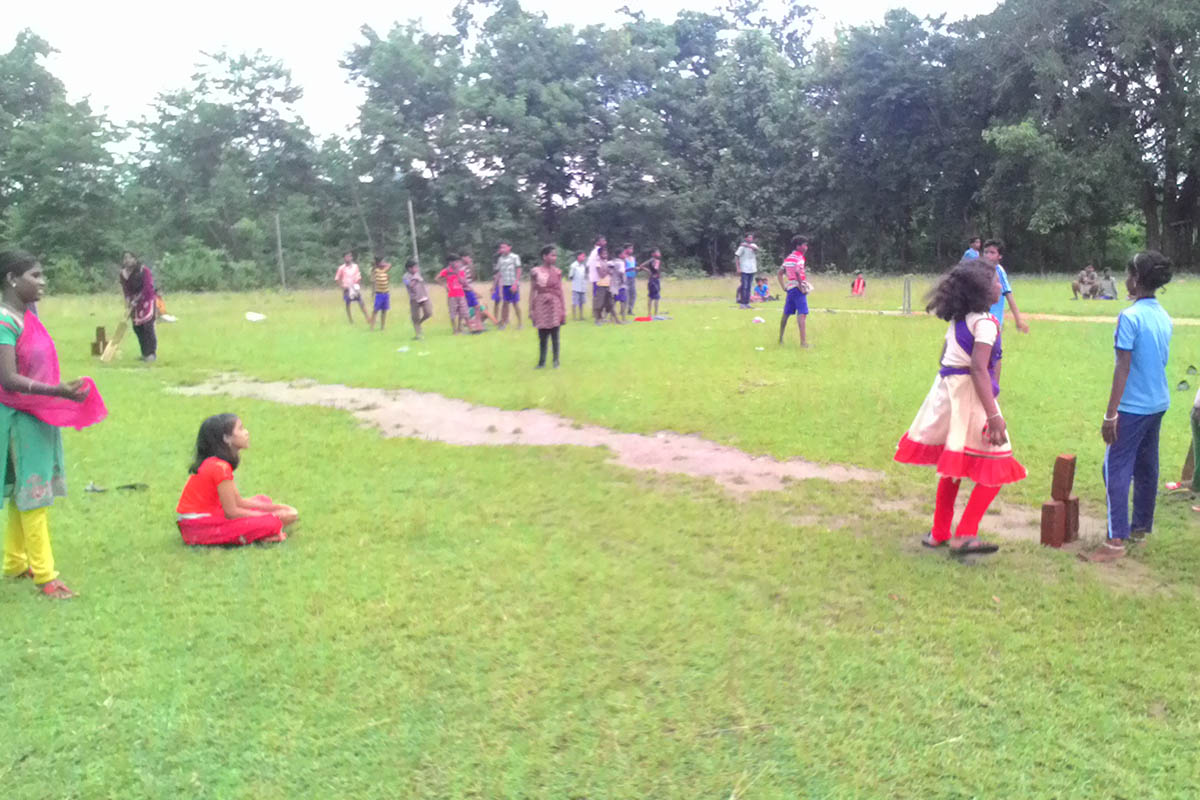Dominance of Cricket in Commonwealth Nations: A Sporting Legacy
September 24by Sameer Misra
As the cricketing world eagerly awaits the commencement of the ODI World Cup 2023, scheduled to take place in India next month, the anticipation and excitement surrounding the tournament serve as a poignant reminder of the enduring legacy of the sport within Commonwealth nations.
Cricket, often hailed as a gentleman’s game, has evolved into a powerful force that transcends borders, cultures, and languages. This article delves into the historical context, underlying factors, and key Commonwealth nations’ dominance in cricket, shedding light on the thrilling journey that awaits cricket enthusiasts around the world.
Historical Roots
The upcoming ODI World Cup is a testament to cricket’s evolution from its humble origins on village greens to a global phenomenon celebrated by millions. As the British Empire expanded its reach across the globe, cricket was an integral part of its legacy, introducing the sport to diverse communities within Commonwealth nations. Over time, this cherished pastime transformed into a symbol of national pride and unity, woven into the social fabric of countries across the Commonwealth.
Reasons for Dominance
The Commonwealth nations’ dominance in cricket is underpinned by a multitude of factors that have nurtured the sport’s growth and popularity. These factors include:
- Colonial Heritage: The British Empire’s legacy played a pivotal role in the spread of cricket across Commonwealth nations. The historical ties to the colonial past have created a lasting connection to the sport, fostering a sense of camaraderie and shared experiences.
- Cultural Identity: Cricket resonates deeply with the cultural identities of Commonwealth nations. It provides a platform for individuals to express their heritage, values, and traditions, contributing to the sport’s integral role in shaping societal norms.
- Investment and Infrastructure: Governments, private enterprises, and cricketing bodies within Commonwealth nations have invested extensively in cricket infrastructure, including world-class stadiums, training centres, and youth development programs. This commitment has nurtured talent and provided cricketers with the resources necessary for success.
- Uniting National Pride: The triumphs of cricketing heroes on the global stage have instilled a sense of national pride and unity. Historic victories and memorable performances against formidable opponents have reinforced the emotional bond between the sport and its followers.
- Grassroots Initiatives: Cricket associations and organizations have consistently championed grassroots initiatives to popularize the sport from a young age. School programs, local leagues, and talent identification efforts have been instrumental in cultivating a steady stream of skilled players.
Key Dominant Nations
Within the Commonwealth, several nations have solidified their position as cricketing powerhouses, with India, Australia, England, the West Indies, South Africa, Sri Lanka and many more standing out prominently. Each of these nations has a unique cricketing journey that has contributed to the rich legacy of cricket dominance.
India: The Cricketing Colossus
India’s cricketing journey is a testament to the nation’s fervent passion for the game. With a massive following and a cricketing ecosystem nurtured by the Indian Premier League (IPL), the country has produced an array of cricketing legends. The unwavering support from fans and the rich tapestry of cricketing history make India a cricketing colossus within the Commonwealth.
Australia: Tradition and Triumphs
Australia’s cricket history is a tapestry woven with tradition and triumphs. From legendary names etched in cricketing lore to a competitive ethos, the nation’s cricketing culture is second to none. Boasting a robust cricketing infrastructure, Australia’s commitment to nurturing talent has been instrumental in shaping its cricket legacy.
England: The Birthplace of a Phenomenon
England’s cricketing heritage as the birthplace of the sport underscores its pivotal role in cricket’s global narrative. A strong cricketing culture, epitomized by historic venues and traditions, solidifies England’s place in the Commonwealth cricketing landscape. Its influence extends beyond the sport, embodying the essence of cricket’s historical and cultural significance.
West Indies: The Carnival of Calypso Cricket
The West Indies’ cricket history is a vibrant tapestry, coloured by the flair and exuberance of its players. Comprising a diverse array of Caribbean nations, the West Indies team has consistently dazzled with their unique brand of cricket. Their storied triumphs in the World Cups exemplify their exceptional skills and collective spirit.
South Africa: Overcoming Adversity, Embracing Excellence
South Africa’s cricketing narrative is one of resilience and transformation. Emerging from the shadows of apartheid, the nation’s unwavering commitment to inclusivity has paved the way for a new era of cricketing excellence. The Proteas’ determination and efforts to nurture talent signify their valuable contributions to Commonwealth cricket.
Sri Lanka: The Island’s Cricketing Symphony
Sri Lanka’s cricket history is a melodious symphony, resonating with the passion of an island nation. Despite being a late entrant into Test cricket, Sri Lanka quickly established itself as a formidable force. Its World Cup triumph in 1996 stands as a testament to the nation’s cricketing prowess and unity.
Conclusion: A Melting Pot of Legacy
As the ODI World Cup 2023 approaches, the diverse cricketing histories of Commonwealth nations come together in a harmonious symphony. Each nation’s cricket journey, characterized by passion, resilience, and a commitment to excellence, contributes to the tapestry of cricket’s global legacy. The tournament stands as a unifying celebration of the sport, where boundaries blur, and cultures converge to celebrate cricket’s profound impact. Beyond the pitch, cricket embodies the spirit of camaraderie that defines the Commonwealth, reminding us of the shared legacy and heritage that binds these nations together. As we witness the World Cup unfold, we celebrate not just a tournament, but the culmination of centuries of cricketing history within the embrace of the Commonwealth spirit.






